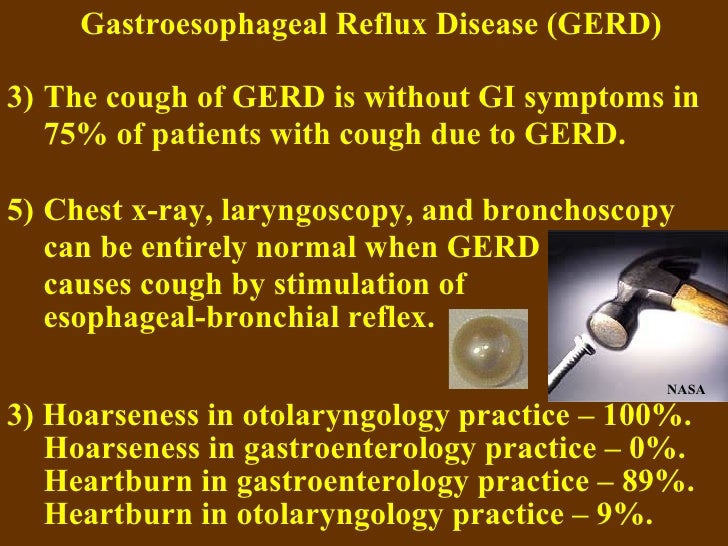Gerd (gastroesophageal reflux disease) causes in the elderly acid reflux is one of the most common acute upper gastrointestinal problems in adults of all ages it often arises as an isolated incident after overeating, vigorous physical activity after a heavy meal and with excessive alcohol consumption. Gerd in the elderly. Introduction gastroesophageal reflux disease (gerd) is the most common upper gastrointestinal problem seen in clinical practice it is estimated that 10-20% of adults have symptoms at least once weekly, and 15-40% have symptoms at least once monthly 1 up to 20% of persons seeking medical care for gerd have complications 2 although there is a tendency to reduced frequency of heartburn and.
gerd in the elderly
Gastroesophageal reflux disease (gerd) is a condition where acid in the stomach sweeps up into the esophagus causing unpleasant symptoms such as heartburn, regurgitation and unpleasant taste of acid in the mouth (water brash) aging by itself can cause changes in the pressure of the les, which may increase the risk of gerd in the elderly. Heartburn and heart pain in the elderly chest pain in seniors is always a cause for concern as they are at a greater risk of serious conditions like a heart attack. although pain in the chest can be associated with the airways, lungs and even the large blood vessels connected to the heart, the two types of chest pain that are commonly confused. Gerd in the elderly patient could be initiated or exacerbated by coexisting diseases that affect the esophagus, including diabetes, parkinson's disease, alzheimer's disease, and amyotrophic lateral sclerosis, among others..

